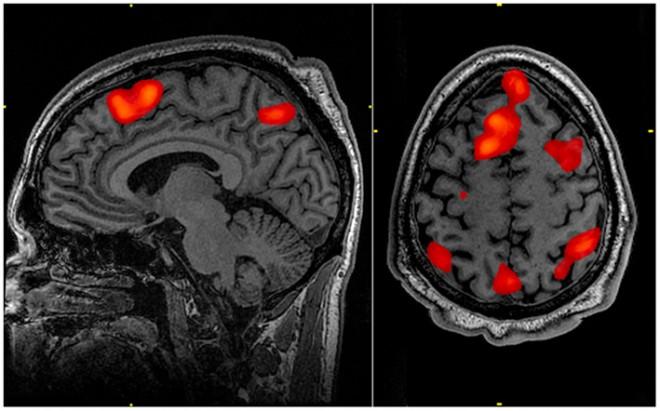
Lying about one's IQ will no longer be feasible soon. A new machine learning program has been developed to scan a human brain and evaluate a person's level of intelligence.
Researchers at the California Institute of Technology (Caltech) in Pasadena can now predict a person's IQ in a matter of minutes based upon functional MRI scans of a quiescent brain.
"We found if we just have people lie in the scanner and do nothing while we measure the pattern of activity in their brain, we can use the data to predict their intelligence," said Professor Ralph Adolphs, research lead and chairman of the Caltech Brain Imaging Center.
The program successfully studied the IQ of nearly 900 male and female patients, all of whom were participants of the Human Connectome Project of the National Institutes of Health.
According to Adolphs, the machine learning algorithm was trained to understand the complexities of the human brain by supplying the fMRI scans and intelligence scores of the participants into the algorithm. This way, the participant does not have to do anything to test his intelligence, hence resting brain activity.
Once the brain scan is completed, the computer program will process the data to provide a statistically significant level of predictions across the subject pool.
About 20 percent of the variance in intelligence that the researchers observed in the subjects account for the brain measurements, according to Julien Dubois, a Caltech researcher. However, he stressed that this is still "quite far" from the results derived from an actual IQ test.
We are doing very well, but we are still quite far from being able to match the results of hour-long intelligence tests like the Wechsler Adult Intelligence Scale.
In a parallel study, Dubois said their research from the similar scans on openness to experience, conscientiousness, extraversion, agreeableness, and neuroticism failed to make viable results, though they expected it.
Caltech scientists can predict a person’s intelligence from their brain scan. Smart folks now have a new way to show off. Read about it at https://t.co/riINuZEjUc pic.twitter.com/uSII4KZFjr
— Caltech (@Caltech) June 28, 2018
The team hopes to make fMRI scans a tool to diagnose not only tumours and physical diseases but other medical conditions like autism and anxiety as well.
At this time, Caltech's research is awaiting publication in the journal Philosophical Transactions of the Royal Society. The team is also composed of researchers from Cedars-Sinai Medical Center in Los Angeles and the University of Salerno in Italy.

















